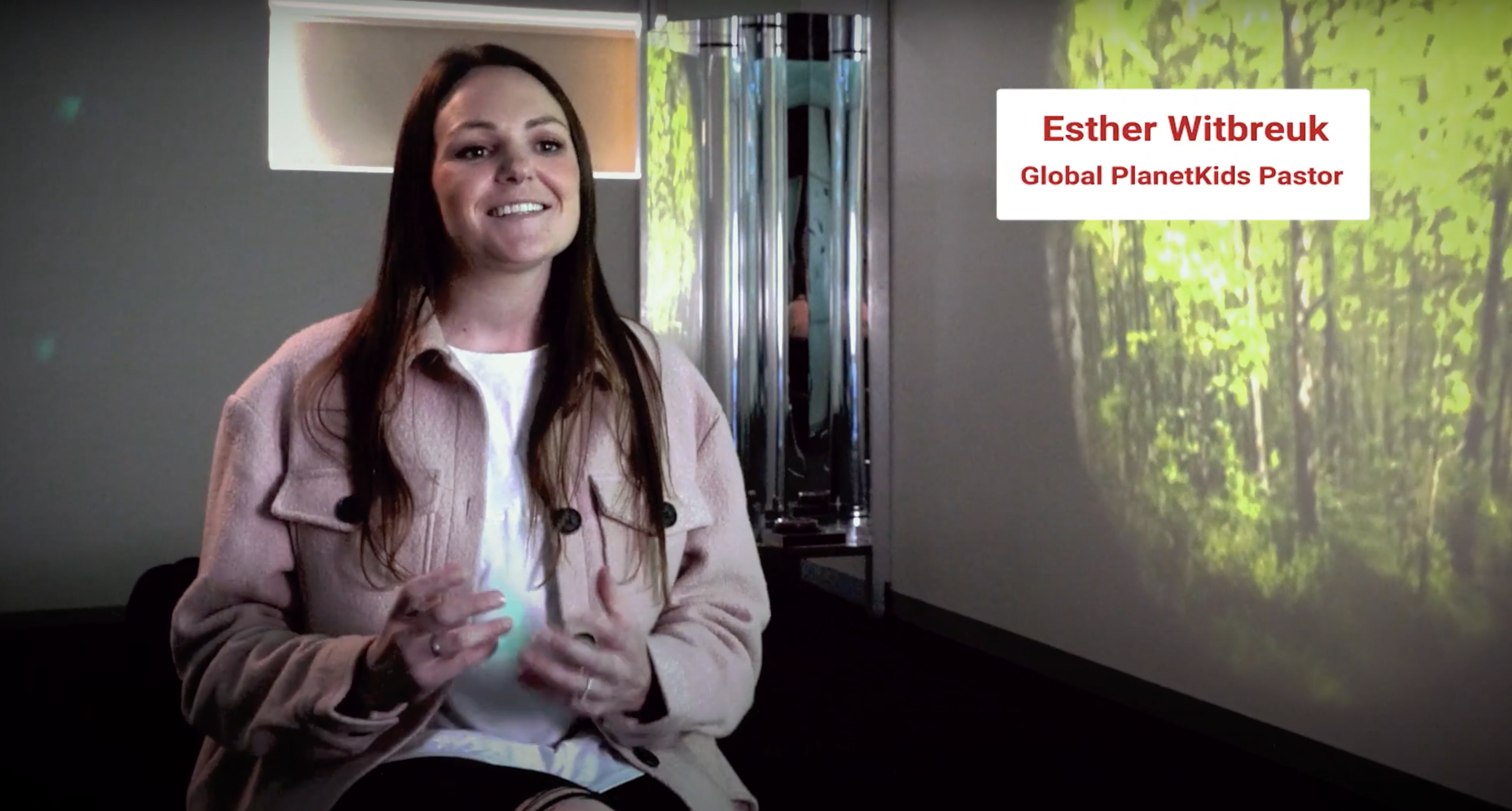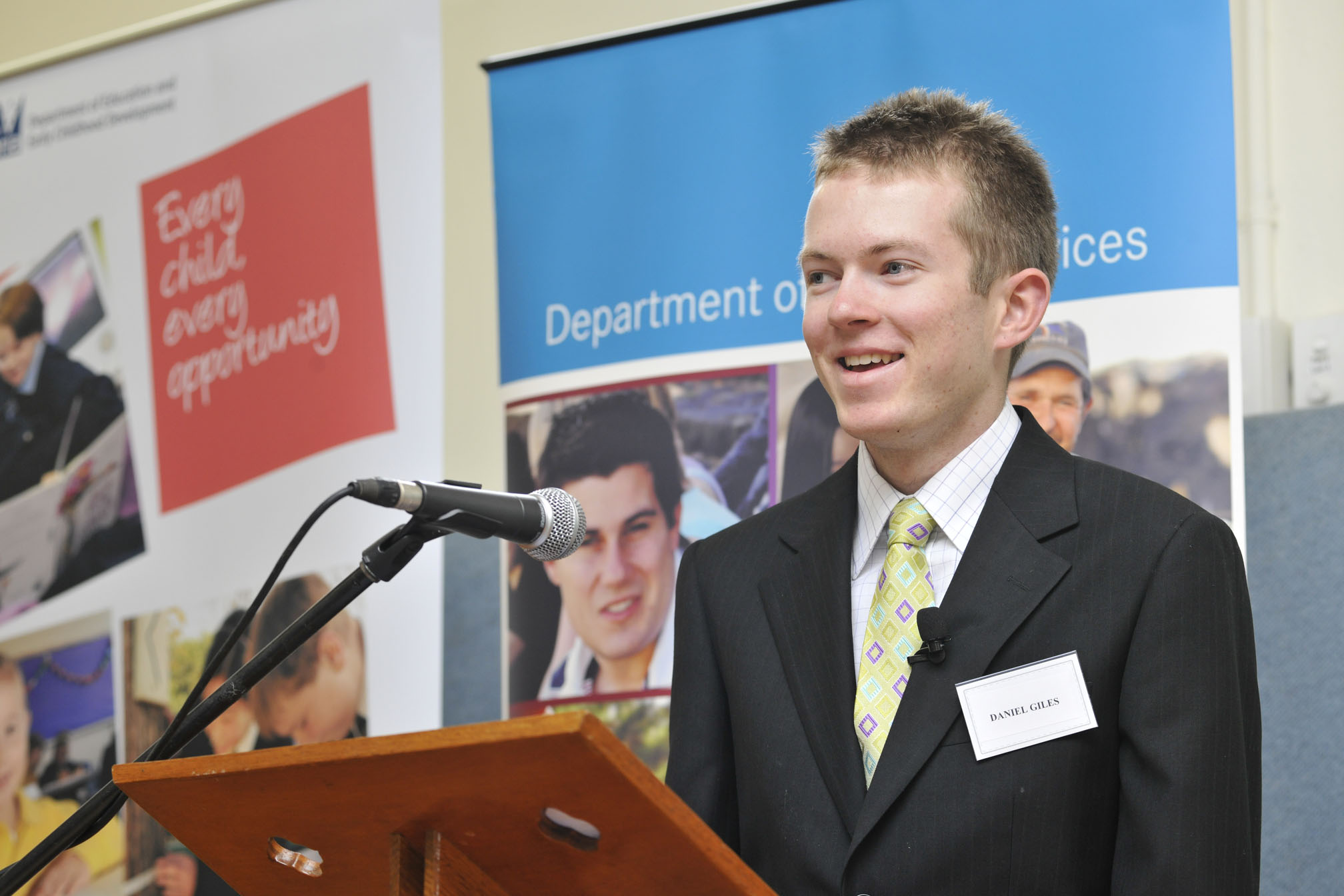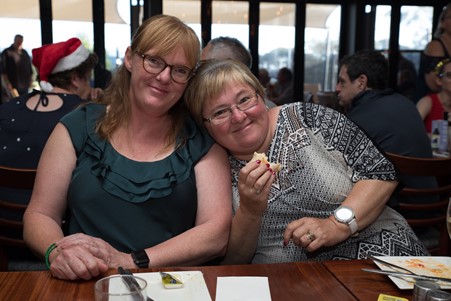We all need friends and a place to belong
May 3, 2022 | Author: Keiko Grey
A parents’ perspective on including people with intellectual disabilities in your church
God doesn’t make mistakes. God has equipped us to do the tasks given.
These two statements undergird everything that we do for our son who has Down Syndrome. Down Syndrome is a genetic condition, also known as trisomy 21, because people with Down Syndrome have an extra chromosome 21.
I want to tell others how the Christian communities responded to our son with Down Syndrome and to us as his parents over the past 23 years so that we can learn from this situation to create churches that are places of genuine welcome and belonging for all.
The early years of disability inclusion in a foreign land
We were newlyweds living in Maryland, USA, far away from both of our families since I am from Japan and my husband is from Australia. Our son came unexpectedly three weeks early and was diagnosed with Down Syndrome at his birth. His geneticist told us our son managed to dodge all the potential major medical issues that are often associated with Down Syndrome.
His birth was a surprise and the saddest moment in my life, probably next to my mother’s sudden death when I was 17 years old. However, in the midst of emotional turmoil, God has sent us various support through different avenues.
The church we had just started attending was incredibly supportive. Church members provided us with meals, encouraged us to have a ‘date night’ while offering to look after our son and ran workshops at church on Down Syndrome and disability inclusion. Our son was accepted and loved. However, our son was the first case of a child with disability in this church and so we were always having to advocate for our son as his needs changed.
“Speak up for those who cannot speak for themselves, for the rights of all who are destitute. Speak up and judge fairly, defend the rights of the poor and needy.” Proverbs 31:8–9, NIV
Meanwhile we felt extremely blessed as our geneticist was knowledgeable and connected us to the necessary disability services from day one. Our Down Syndrome parent support group was very active and friendly, and we were heavily involved in their advocating activities. Our son received personal physical therapy by a famous physical therapist specialising in Down Syndrome and received inexpensive but innovative speech therapies from a university that specialised in speech pathology, within a short drive from our apartment.
Experiencing more barriers as our son got older
We moved to Perth, Australia, where my husband is from, when our son was six years old. We found a local church where the pastor and congregation were very supportive and accepting. We established a shadow ministry (buddy system) for our son so that he was included and safe during children’s church. I organised several Luke14 workshops and saw the congregation become much more friendly to our son, greeting him personally and asking how he was. We even celebrated World Down Syndrome Day where people wore striped socks mimicking the chromosome.
However, as our son got older, the inclusiveness at church diminished. He didn’t get invited to the Year 7-12 youth group. We didn’t even know there was a youth group until our daughter, who is two years younger, got an invitation when she started Year 7. Our son never developed close relationships with any of the children at church.
We have attended two churches since our son has become a young adult. He wasn’t invited to the many activities the Young Adult group engaged in due to his inability to use their choice method of communication, which was the latest social media platform. We needed to intervene on his behalf to find out what was going on and arrange transport so our son could attend every Young Adult gathering. There was a period where he had NDIS funding to have a support worker to enable him to attend church events. However, when his NDIS funding was cut, we couldn’t afford to use funding for him to go to YA gatherings and this created additional stress on us organising transport.
Advocating for our son with a disability
As his parents, we worked hard on reducing and removing these barriers to disability inclusion. Basically, we needed to find someone to help us who would also become an advocate for our son. Often, many think saying hi to our son is sufficient and good enough, but they don’t really want to include him willingly and in a meaningful way.
We have always done what we can to advocate for our son’s rights without a break wherever we go, whether it be at school, churches, support systems or support organisations, and we will continue to do so into the unforeseen future.
One of the rewards of being with our son with a disability is witnessing his simple faith. Another reward is seeing how God uses our experiences to connect us with those who are in a similar situation. We have been given keen eyes to see people with different abilities, and hearts to try our best to accommodate their uniqueness and needs. “All things work together for good.” (Romans 8:28, NIV)
Two other bible verses reassure us.
“Now faith is confidence in what we hope for and assurance about what we do not see.” Hebrews 11:1, NIV
“Therefore do not worry about tomorrow, for tomorrow will worry about itself. Each day has enough trouble of its own.” Matthew 6:34, NIV
These verses tell me, and I believe and know, that God will take care of my son.
Everyone is made in God’s image. He made everyone differently, but we are to work together in unity. We are one body, and every part of it is equally important.
Christian communities of genuine welcome and belonging
One thing that churches can do is to pray about how to meet an individual’s needs. Everyone is perfect in God’s eye, so we should treat everyone with the same respect and provide them with the same opportunities to develop their unique faith through engagement in church activities.
We all need friends and a place to belong. The church needs people with disabilities to learn from, so that we can see the light of God reflected in all of us, and not just in the ‘able-bodied’.
https://www.cbm.org.au/community-stories/including-people-intellectual-disabilities-church
Related Stories

Planetshakers ‘Champions’ Ministry – Esther Witbreuk
In this video, Global Planetkids Pastor Esther Witbreuk from...

Autism from the inside
Hi, I’m Daniel and I’m proudly Autistic. I live independently, work part-time as a graphic designer for Catholic Education Sandhurst, and run my own business Speaking Insights where I...

What the Bible taught me about my child born with an intellectual disability
When my son was born with Down Syndrome, I...
